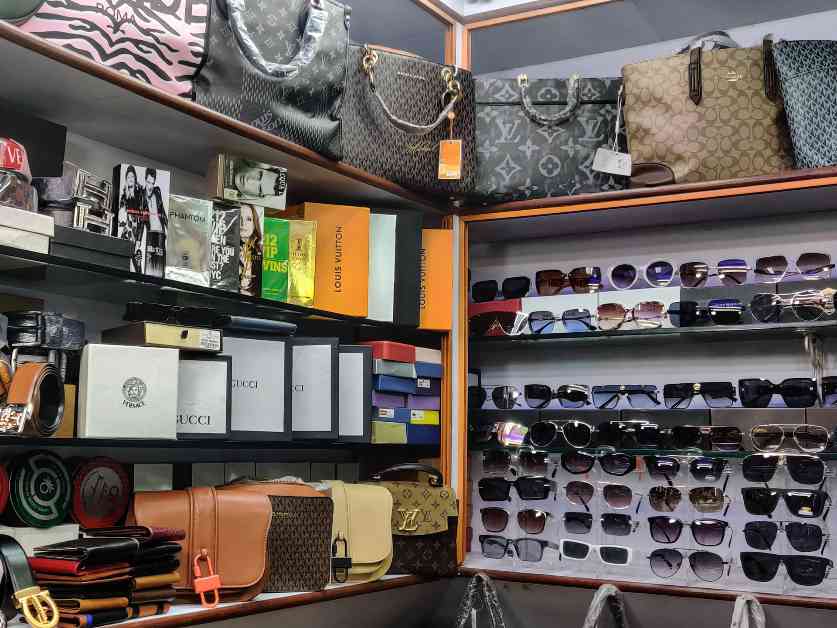In a recent intellectual-property lawsuit in the Delhi high court, French luxury shoe brand Christian Louboutin took on an Indian shoe manufacturer over counterfeit spiked loafers. The court case highlighted the growing problem of counterfeits in India, a market that has seen a surge in luxury brands like Louboutin, Louis Vuitton, Hermes, Rolex, and Cartier.
While these luxury brands are investing in expanding their presence in India, they are also facing challenges from counterfeiters who are selling imitations of their products at a fraction of the price. The Federation of Indian Chambers of Commerce and Industry’s Committee Against Smuggling and Counterfeiting Activities Destroying the Economy (FICCI CASCADE) has reported annual losses of about $7bn due to counterfeits in key product categories.
Counterfeiting is not limited to luxury fashion items, but also extends to various other products like medicine, spices, baby food, and even auto parts. The lack of strict enforcement and the lenient penalties for counterfeiters make it a low-risk, high-profit crime, leading to a proliferation of fake goods in the market.
The rise of social media and online sales platforms has made it easier for counterfeiters to reach consumers, especially young millennials and Gen Z who aspire to own luxury goods but may not have the means to afford the originals. The desire for status symbols and the allure of luxury brands have created a market for counterfeit products that offer a semblance of the real thing at a much lower cost.
Despite efforts by luxury brands like Christian Louboutin and Louis Vuitton to fight counterfeits through legal action and raids, the problem persists. The lack of fear among counterfeiters and the loopholes in the legal system make it challenging to curb the spread of fake goods.
In India, markets like the Heera Panna Shopping Complex in Mumbai have gained notoriety for selling counterfeit products, including high-quality replicas of luxury items from top brands. The availability of first-copy and AAA-grade duplicates at significantly lower prices attracts customers looking to own luxury goods without the hefty price tag.
With the luxury market in India projected to grow steadily, the issue of counterfeiting poses a significant challenge for both brands and consumers. The allure of owning luxury items at a fraction of the cost may continue to drive the demand for counterfeit goods, despite the risks and ethical concerns associated with purchasing fake products.
As the battle between luxury brands and counterfeiters continues, the need for stricter enforcement, harsher penalties, and consumer awareness becomes paramount in tackling the issue of counterfeiting in India’s growing luxury market.
